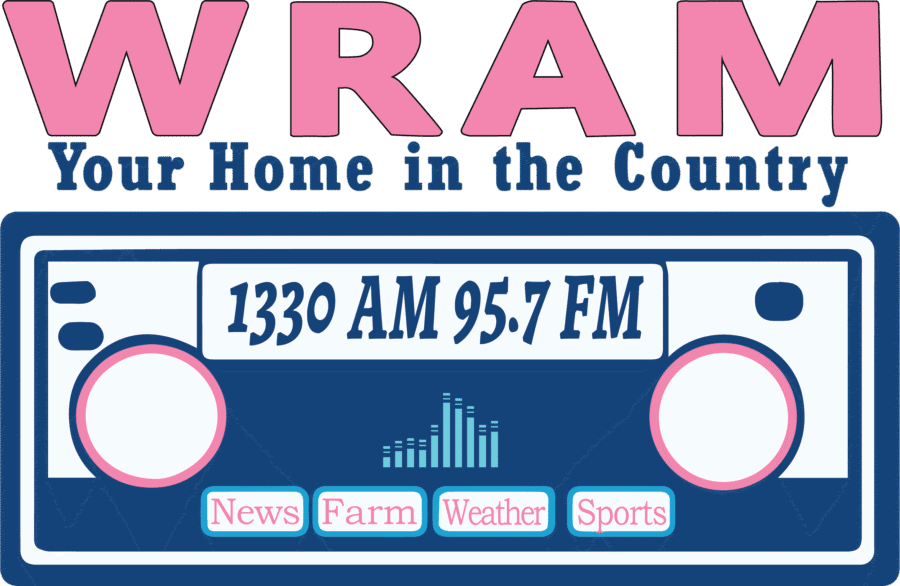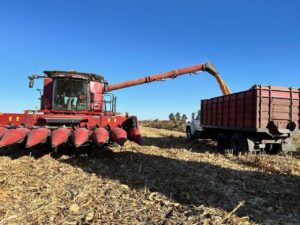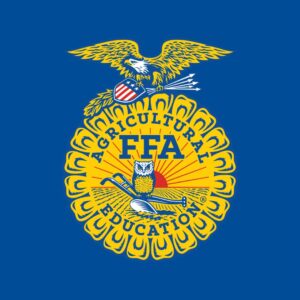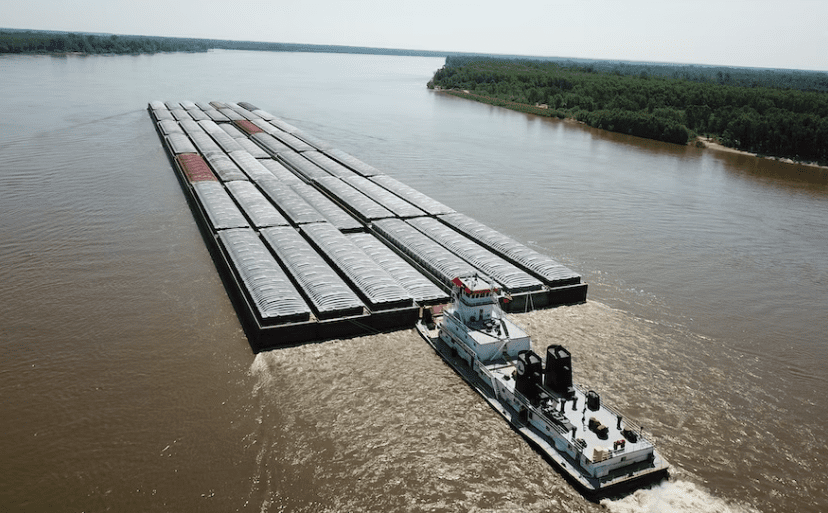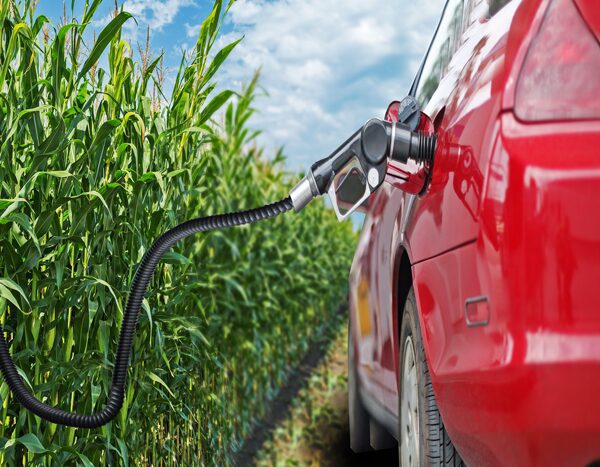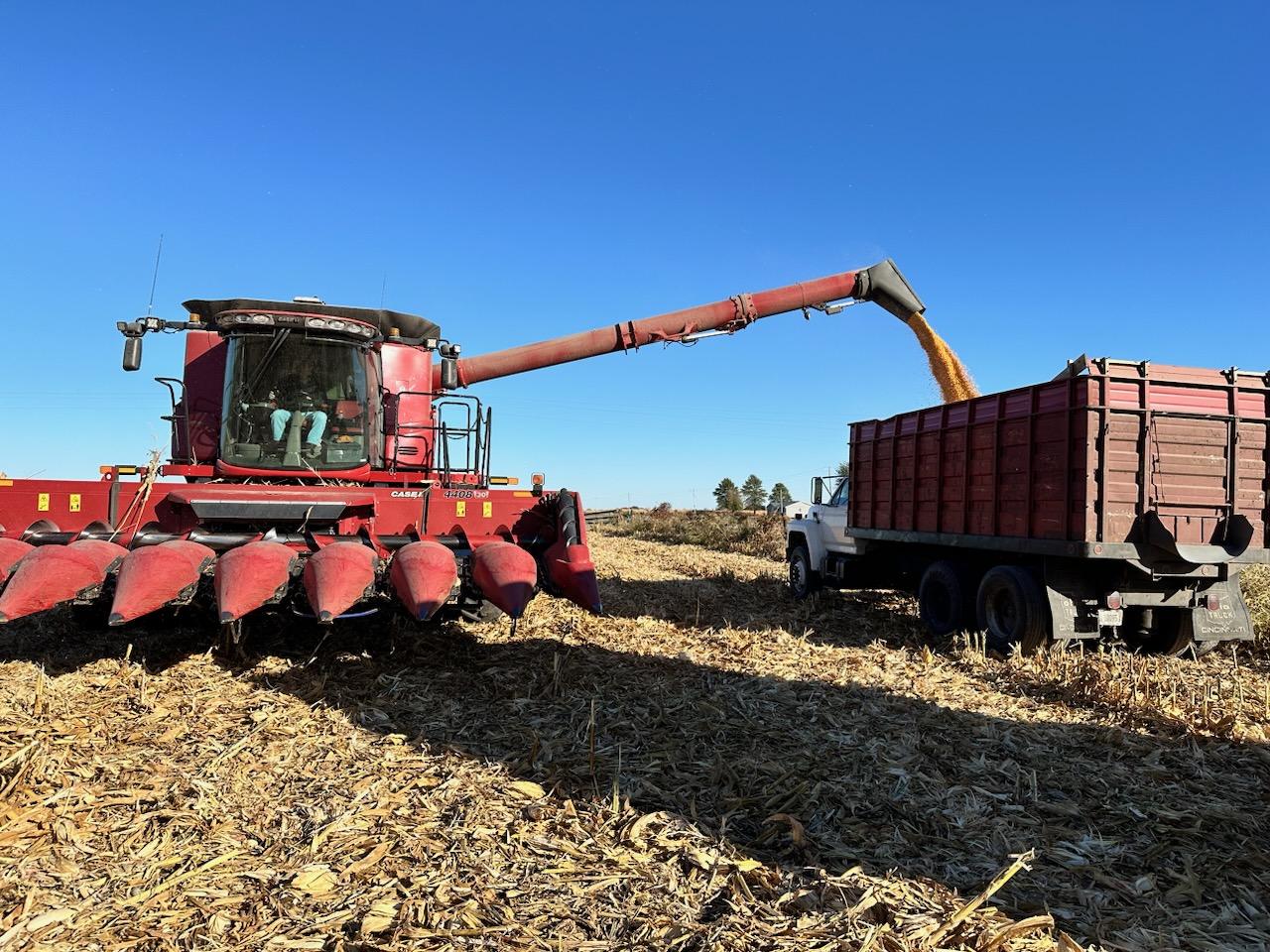When it comes to carbon tax credits, there have been a lot of grey areas on what it takes to qualify. In May, rules were released, clarifying the qualifications for the 40B carbon tax credit for 2023 and 2024. While these rules came out a year and a half late, Knox County farmer Grant Strom says they give some guidance into what rules for the 45Z tax credit will look like.
“For corn ethanol to qualify for the 40B tax credit, it has to be sourced from corn that was all of these three practices; one being no-till, which there’s a lot of farmers that do no-till, so it’s easy to find corn that was produced in a no-till fashion. The second one was enhanced efficiency fertilizers, which I don’t think that’s a great way they termed it because that just means you’re using some sort of inhibitor on at least 50% of the nitrogen you’re applying to your corn,” says Strom. “And number three is cover crops. Now there are a lot of farmers that are not tilling, a lot of farmers that are using enhanced efficiency fertilizers. There’s a few farmers are using cover crops.”
The rules in place to qualify for the 40B tax credits expire at the end of 2024. Strom adds that these tax credits are paid to the ethanol manufacturers showing reductions in carbon emissions.


